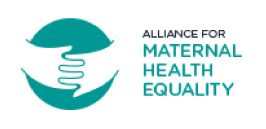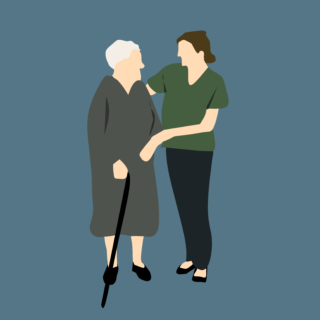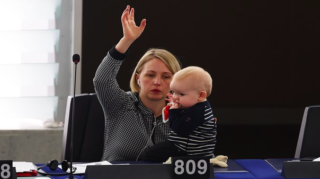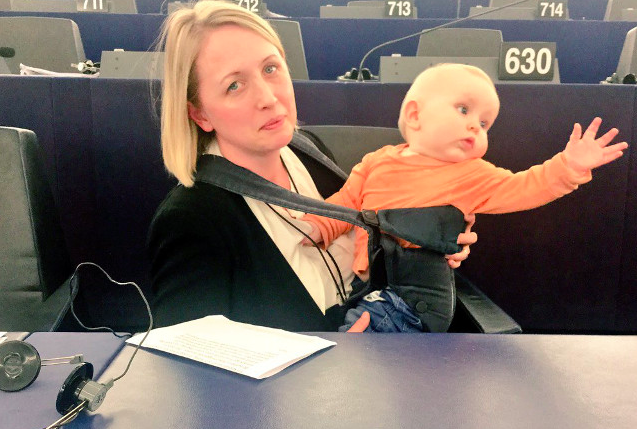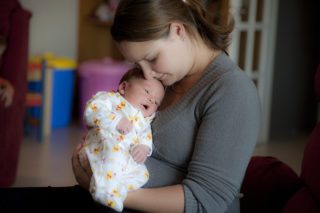Many migrant women care workers experience poor reproductive and sexual health, says a new report from the World Health Organization (WHO).
“Women on the move: Migration, care work and health” documents show, despite making a large contribution to global public health, such workers are exposed to many health risks themselves, while enjoying few labour market and health protections.
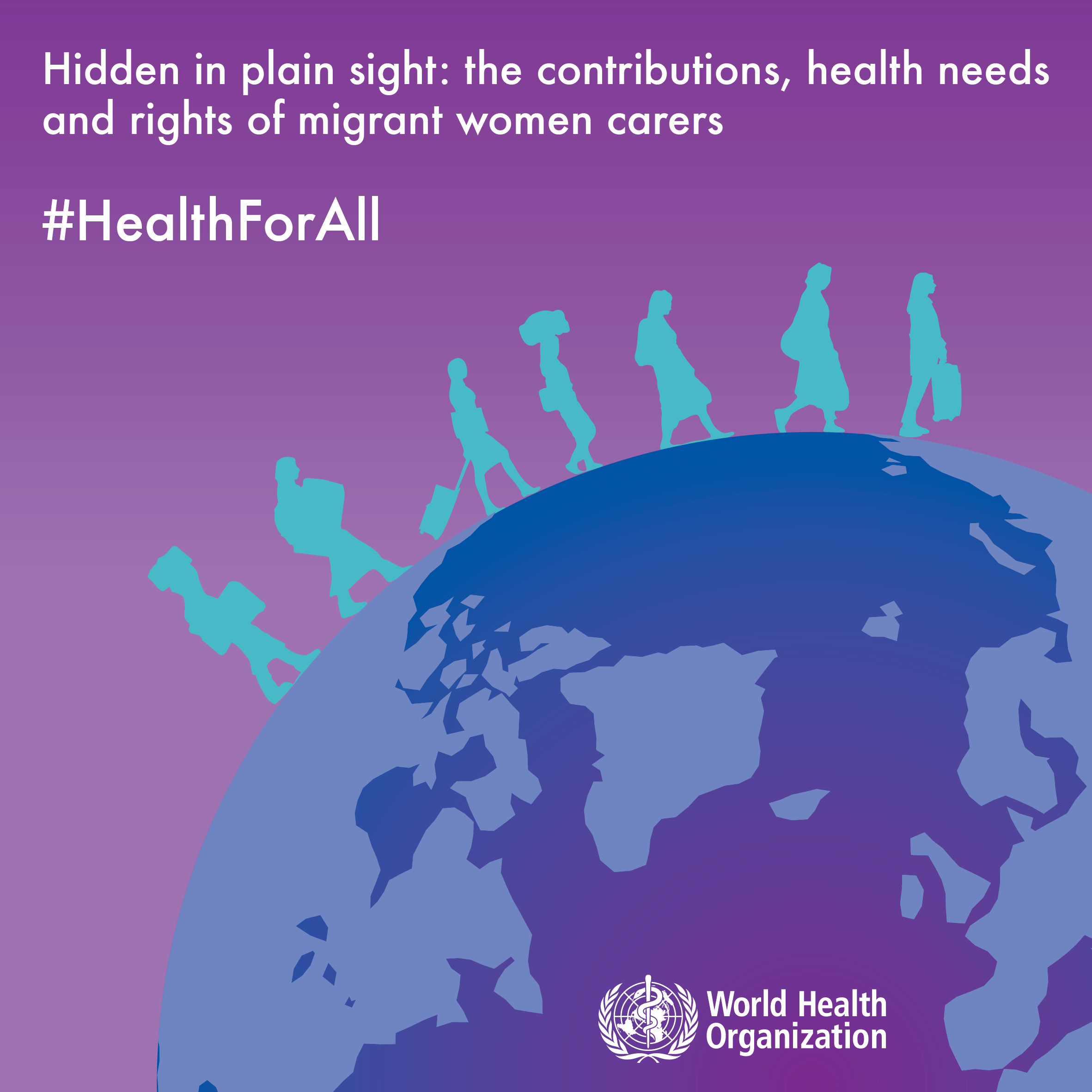 According to the report, issued by the Gender, Equity, and Human Rights division of WHO, a global paradox is emerging in which care workers - who are largely migrant women, often working in informal home settings - make a considerable contribution to public health in many countries but are themselves exposed to health risks, face barriers to accessing care, and enjoy few labour and social protections.
According to the report, issued by the Gender, Equity, and Human Rights division of WHO, a global paradox is emerging in which care workers - who are largely migrant women, often working in informal home settings - make a considerable contribution to public health in many countries but are themselves exposed to health risks, face barriers to accessing care, and enjoy few labour and social protections.
The report looks at the lives of these migrant women care workers as well as the situation for
their households left behind. In addition, migrant women care workers in the Eastern Mediterranean who test positive for HIV/AIDS or pregnancy often face immediate deportation.
According to the report, even in countries where migrants are legally entitled to access health services regardless of their status, accessing services in practice may still be difficult; the report notes incidences of pregnant migrants in Mexico report being refused care at hospitals because they lack identification papers and how in Uruguay some have faced difficulties in accessing health care without an identify card.
The report, which urges all countries and regions to consider improving the health and well-being of migrant care workers and their families, was also supported by a grant from the Bill and Melinda Gates Foundation.
You can read the full report HERE: http://www.who.int/gender-equity-rights/knowledge/women-on-the-move/en/
